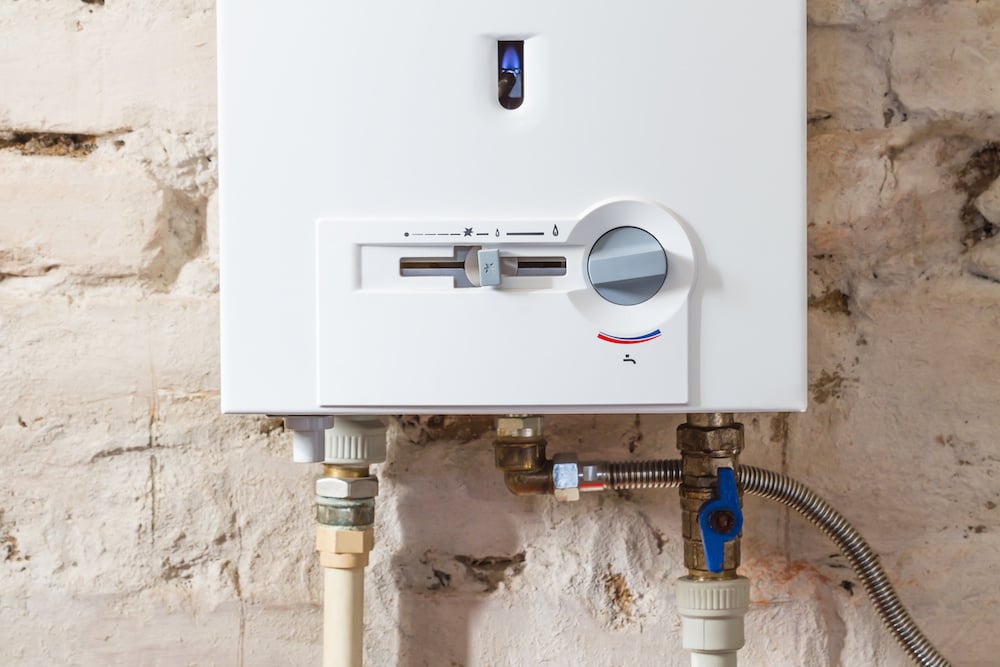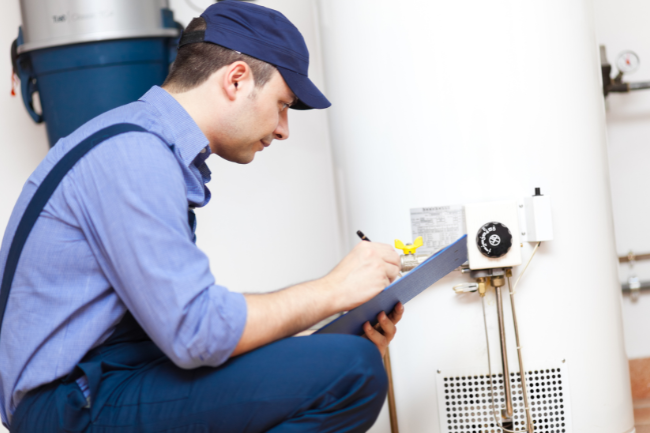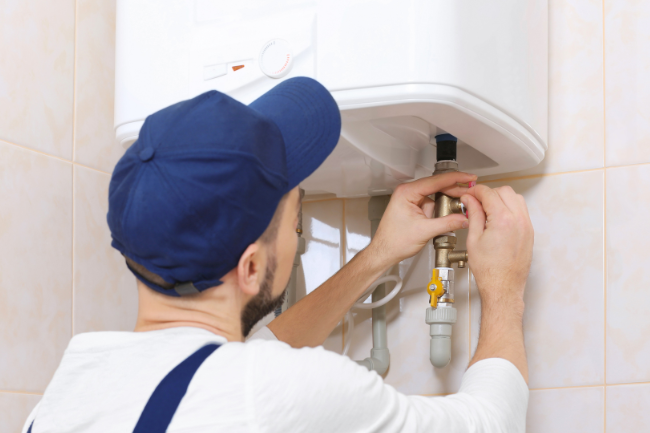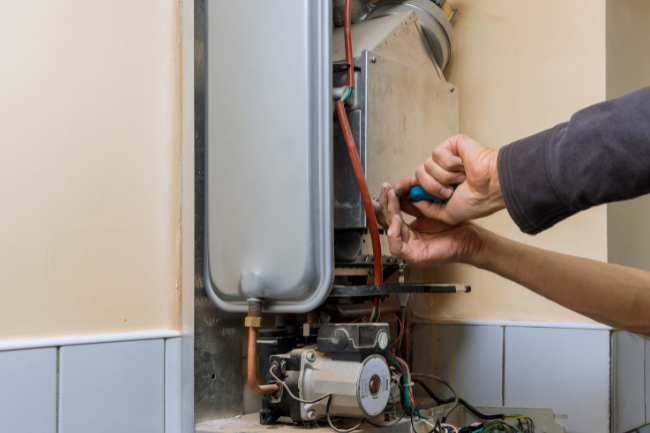Will My Water Heater Freeze When It's Cold Outside?
Posted by William Heinselman on
Unless you live in Florida, you more than likely deal with some intense cold weather during the winter. When those snowstorms start blowing in, that means all the heat in your house is turned up, especially for your water heater. The only thing worse than walking in cold weather is standing under water that feels like ice cubes— so your water heater is working overtime to keep you and your family warm when taking a shower or washing your hands.
Thankfully, even on some of the coldest days and nights, you won’t need to worry about the water in your water heater freezing. Most indoor and outdoor tankless water heaters have built-in freeze protection for when temperatures drop between -5 degrees and -22 degrees Fahrenheit. However, you still run the risk of having your water heater freeze if you aren’t taking the necessary precautions for when the temperatures drop below a certain level.
To keep your house from feeling like a winter wonderland, here are a few helpful troubleshooting tips for winterizing your water heater.
#1 Drain the Water from Your Water Heater
There may be times you need to drain the water from your water heater, whether it’s because of a power outage or if you are going on an extended vacation. The last thing you want is to have your water heater rupture from the expansion of the water freezing.
When manually draining your water heater:
- Turn off the cold water supply and gas supply.
- Turn off the temperature control.
- Disconnect the electrical power running to the water heater.
- Place a bucket under the heater to catch all the water.
- Remove the drain caps from the hot and cold isolation valves.
- Open the valves.
- Remove the cold water inlet filter.
One of the best things you can do to prevent your water heater from freezing is by installing freeze protection solenoid valves. The valves will automatically open and release the water from the unit in case there is a power outage. Another thing you can do is place a cover over the intake and exhaust vents. This helps keep out debris, leaves, and small animals to prevent air flow issues.
#2 Install Your Water Heater Away from the Cold
It might not always be possible, but you should try to install your water heater away from the cold weather. If your tankless water heater is in a heated space, it’s less likely to deal with freezing issues. If that’s not possible, then the next best thing would be to try and install the unit in a sheltered outdoor area. Be sure to place the vents away from prevailing winds to reduce wind chill and incorporate vent terminations to provide additional wind resistance.
#3 Insulate Your Water Heater and Pipes
It’s just as important to insulate your pipes as it is insulating your water heater. Pipes aren’t protected from the freeze prevention system inside your water heater. Wrap your external pipes with heat tape, fiberglass, or polyethylene wrap for the best protection.
In case your pipes do end up freezing over, try thawing out the pipes by turning up the heat. If you have metal pipes, call a plumber who has an electric pipe-thawing machine. The machine will send a low voltage, high amp electric current through the metal pipe to rapidly thaw out the frozen pipe.
#4 Consider Using a Recirculation System
Recirculation systems are designed to make hot water instantly available, which is great for those living in colder climates. During the winter, the recirculation system will allow your water heater to continuously pump warm water into your home, keeping the pipes consistently warm and preventing the water and your tankless water heater unit from freezing over.
#5 Keep Your Water Heater System Running
Unless you own a timeshare somewhere near the beach where you can escape to during winter (lucky), then you should always keep your water heater connected to a power source. Besides adjusting your water heater temperature, one method you can try to reduce freezing is running a trickle of water overnight to keep the water running through your water heater system. Just running 1/10 of a gallon of water per minute can help keep most standard-sized pipes from freezing.
The greatest freezing danger for tankless water heaters is standing water expanding inside the unit. When water freezes and expands, it can exert a force of almost 40,000 psi to the afflicted area, and can split almost any plumbing material if it cannot expand enough to absorb the force.
The worst case scenario, if your water heater still freezes over, is to call a professional plumber to survey the issue any damage it caused to your water heater. A job like this should not be solved by trying to do a quick DIY solution— you may run the risk of damaging your water heater unit more. Professional plumbers have the right tools and have received the proper training to know how to effectively, and safely, unfreeze your piping system. Contact a plumber at Express Sewer to see how our services can help resolve any damage to your water heater caused by the winter weather!
Topics: Water Heaters








